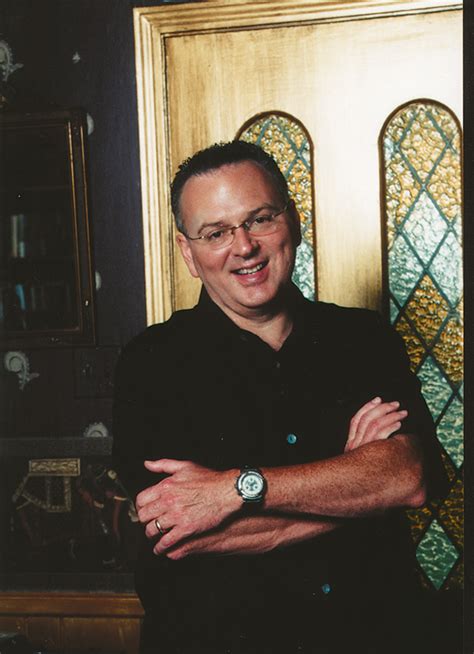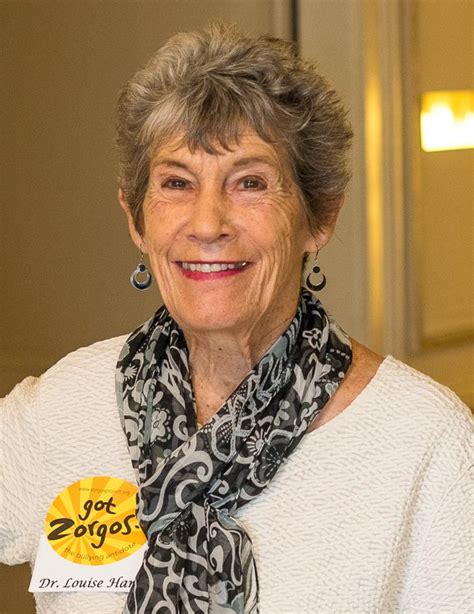A Quote by Ramana Maharshi
Related Quotes
Remember, until you become a buddha you have wasted your life. Buddhahood is your flowering, your fragrance. A tree is fulfilled when it blooms, and a man is fulfilled when he releases the fragrance of buddhahood, when he becomes luminous; then he comes to know who he is. In knowing that, all is known. In knowing that, God is known. In knowing that, truth is achieved - you become the truth, and truth liberates. Truth is freedom.
God’s love sets us free from the need to seek approval. Knowing that we are loved by God, accepted by God, approved by God, and that we are new creations in Christ empowers us to reject self-rejection and embrace a healthy self-love. Being secure in God’s love for us, our love for Him, and our love for ourselves, prepares us to fulfill the second greatest commandment: To love our neighbor as ourselves.
We have traditionally thought of knowing in terms of subject and object and have struggled to attain objectivity by detaching our subjectivity. It can't be done, and one of the achievements of postmodernity is to demonstrate that. What we are called to, and what in the resurrection we are equipped for, is a knowing in which we are involved as subjects but as self-giving, not as self-seeking, subjects: in other words, a knowing that is a form of love.
By studying the Bible one can at best know about God. There is a vast difference between knowing God and knowing about God. Knowing God comes through direct power encounters and through biblical study. These power encounters are usually of a variety which cannot be found within the context of the dusty moldy pages of God's past tracks.
To become conscious of God, to become God's consciousness, to become God, to be God and to be beyond God, God being beyond God, God having an existence separate from the creation, to be that, to merge with that, to lose one's self and find one's self endlessly again and again in that is self-realization.
Disguise is central to God's way of dealing with us human beings. Not because God is playing games with us but because the God who is beyond our knowing makes himself known in the disguise of what we can know. The Christian word for this is revelation, and the ultimate revelation came by incarnation. ... God is the master of disguises, in order that we might see.
Self-esteem creates natural highs. Knowing that you're lovable helps you to love more. Knowing that you're important helps you to make a difference to to others. Knowing that you are capable empowers you to create more. Knowing that you're valuable and that you have a special place in the universe is a serene spiritual joy in itself.







































